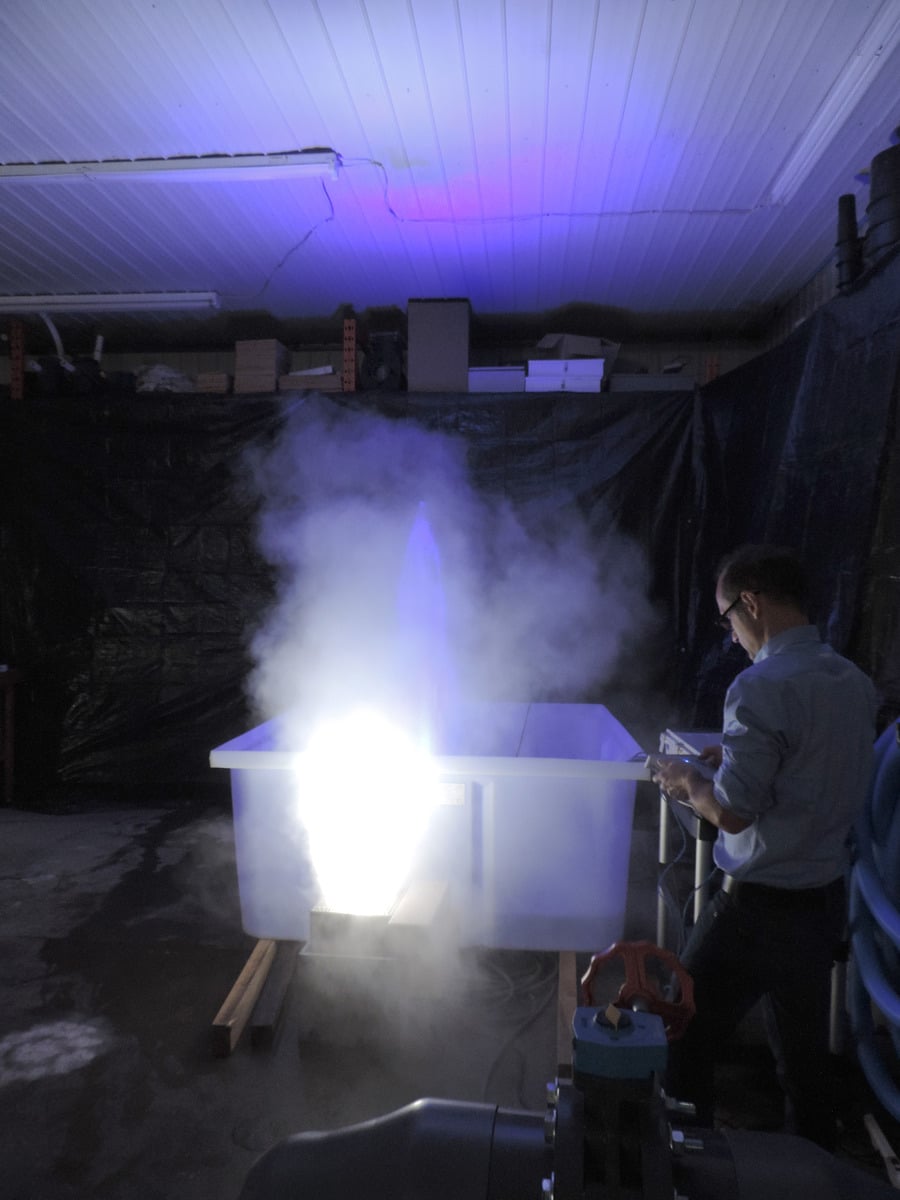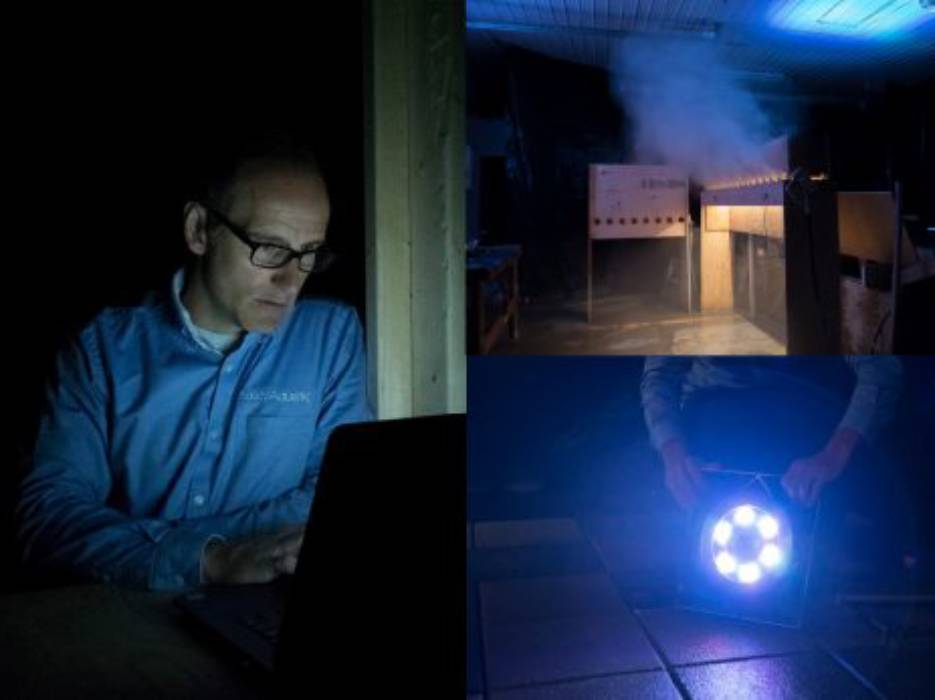The Critical Role of Mock-Up Tests in Aquatic Design and Construction Projects
In the world of aquatic design, precision and planning are everything. Whether it’s the soothing cascade of a spa waterfall, the mesmerizing dance of a fountain’s water jets, or the sleek lines of an infinity pool, each element must be executed flawlessly to achieve the desired effect. At Soucy Aquatik, we understand that every detail counts, which is why mock-up tests are integral to our aquatic construction projects.

Understanding Mock-Up Tests in Aquatic Design
Mock-up tests are a crucial step in the design and construction of any aquatic project. These tests involve constructing a model, either on-site or at our warehouse, to simulate various aspects of the project. This process allows us to verify and measure essential factors such as water flow, lighting, pressure, splash, and drainage. By conducting these tests, we can ensure that the final installation aligns perfectly with the design vision and meets all functional requirements.
For example, in spa waterfalls, we use mock-ups to fine-tune the water effect, ensuring the sound, flow, and splash are just right. The goal is to create a tranquil experience without turning the feature into a noisy or distracting element. Additionally, we consider practical factors like weather conditions: for instance, cooler weather can cause splashes to freeze, creating safety hazards. By testing these variables beforehand, we can adjust the design to prevent such issues.

Why Mock-Up Tests Are Essential for Successful Aquatic Projects
Minimiser les risques et les surprises inattendues
The main advantage of mock-up tests is their ability to minimize risks and prevent surprises. In complex aquatic projects, even minor miscalculations can lead to significant problems, such as water leakage, improper drainage, or inadequate water pressure. By simulating the project in a controlled environment, we can identify and address potential issues before they escalate.
For instance, when designing a fountain with custom architectural renderings, we use mock-ups to test water jets, fog effects, and water curtains. These tests help us assess how the water behaves under different conditions, such as varying wind speeds or temperature changes. Doing so ensures that the final installation performs flawlessly, regardless of the environmental conditions.
Assurer la correspondance entre la vision et le résultat final
Another key benefit of mock-up tests during aquatic construction projects is that they provide a clear visual representation of the final project. This allows clients to see how the water feature will look and function, ensuring that their expectations are met. If any adjustments are needed, they can be made during the mock-up phase, rather than during or after construction, which saves time and resources.
For example, in infinity edge pools, the mock-up helps us match the pool’s edge with the surrounding landscape or a nearby river. This creates a seamless visual effect that enhances the overall aesthetic of the space. By conducting a mock-up, we can make sure that the water flows smoothly over the edge, creating the desired “infinity” effect.
Optimizing Mechanical Systems
Mock-up tests also play a vital role in optimizing the mechanical systems that power aquatic projects. We can accurately size the piping and pump systems by testing the water flow, pressure, and drainage in a mock-up. This ensures that the final installation operates efficiently and effectively without needing costly modifications later.
For instance, in a spa waterfall, the mock-up allows us to determine the optimal gallons per minute (GPM) required for the desired water effect. This information is critical for sizing the pump and piping systems, which will be permanently installed during construction. By getting these calculations right during the mock-up phase, we can avoid the need for costly rework later on.
Mock-Up Tests: A Step Towards Aquatic Design Sustainability
At Soucy Aquatik, sustainability is a core principle of successful aquatic design. Mock-up tests contribute to this by allowing us to fine-tune every aspect of the project, from water usage to energy efficiency. By optimizing these factors during the mock-up phase, we can create aquatic features that are not only visually stunning but also environmentally responsible.
For example, customizable lighting is an essential aspect of many aquatic projects. By testing different lighting options in the mock-up, we can select energy-efficient solutions that reduce the project’s environmental footprint. This approach ensures that the final installation is both beautiful and sustainable.

Conclusion: The Value of Mock-Up Tests in Aquatic Construction
In the competitive world of aquatic design, mock-up tests are not just an optional extra—they are an essential step in ensuring the success of any project. At Soucy Aquatik, we use mock-up tests to verify and refine every detail, from water flow in a spa waterfall to the wind effects on a fountain’s water jets. By doing so, we minimize risks, meet client expectations, and create aquatic features that are both stunning and sustainable.
For your next aquatic project, trust the experts at Soucy Aquatik. Our commitment to quality and attention to detail ensure that your vision will be brought to life, exactly as you imagined it. With our comprehensive mock-up tests, you can be confident that the final result will exceed your expectations and stand the test of time.
